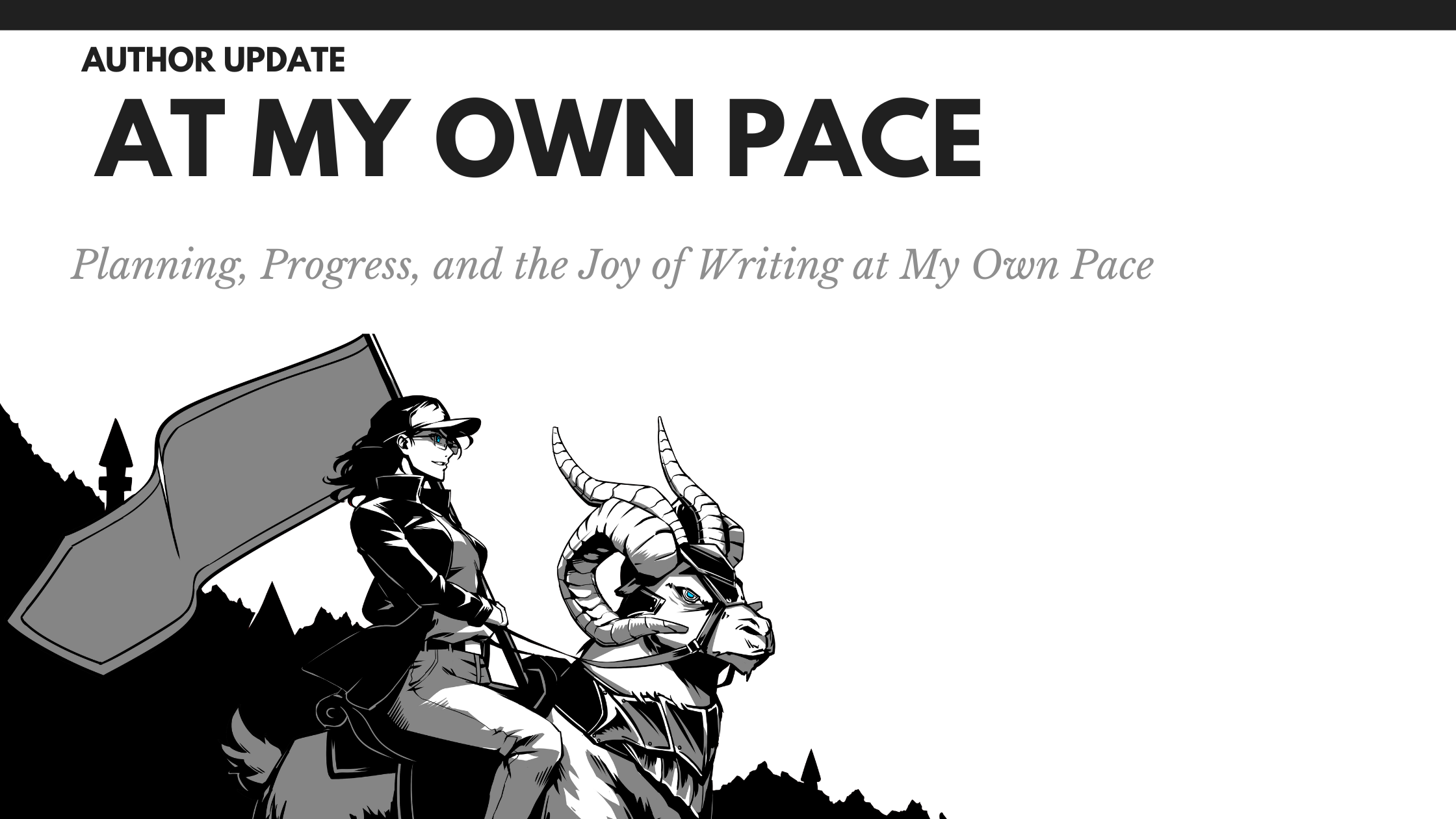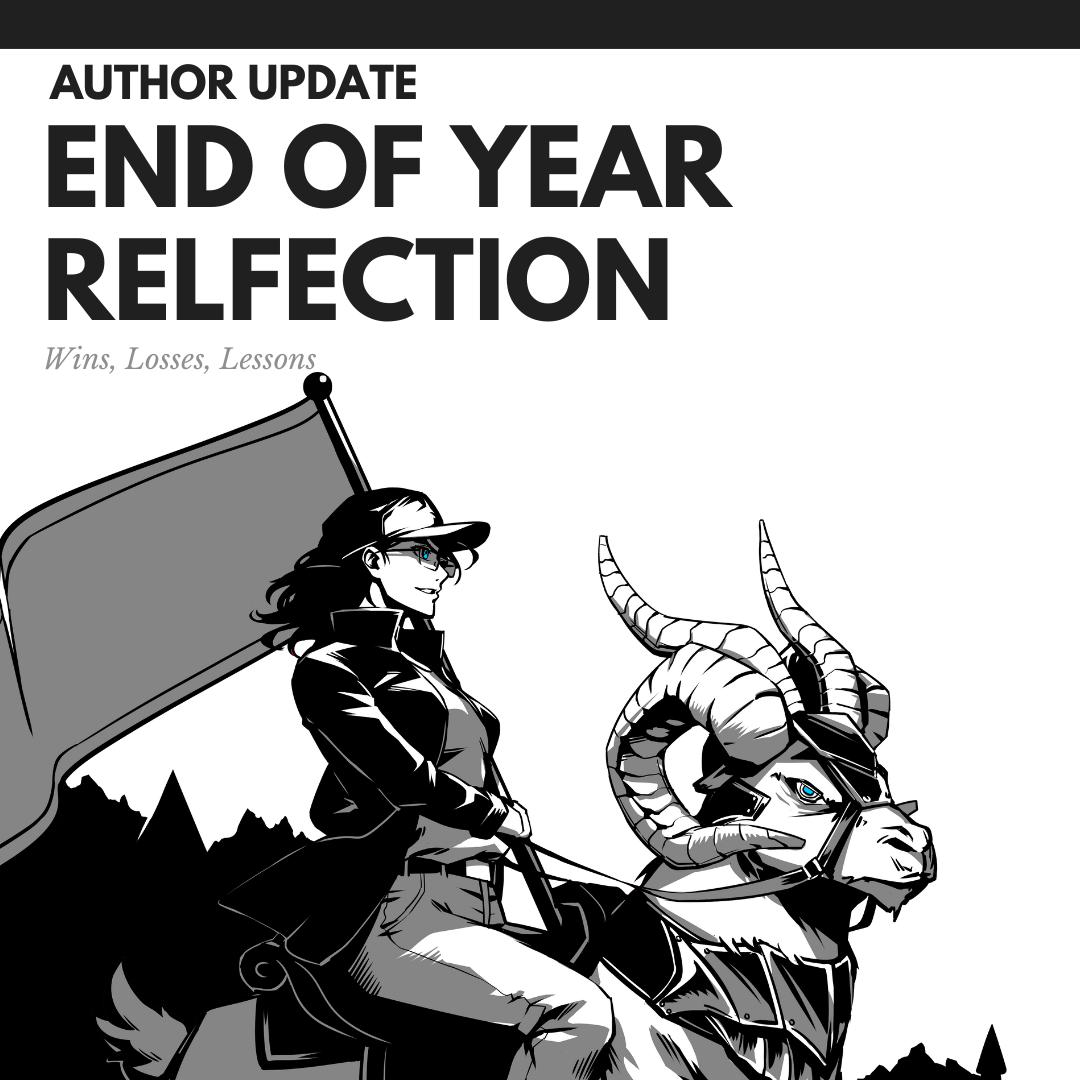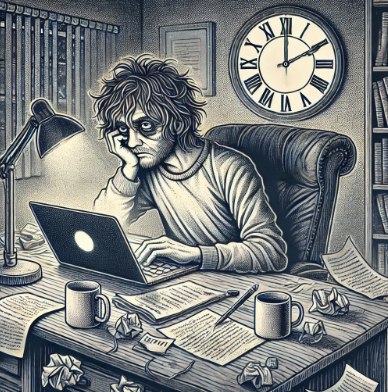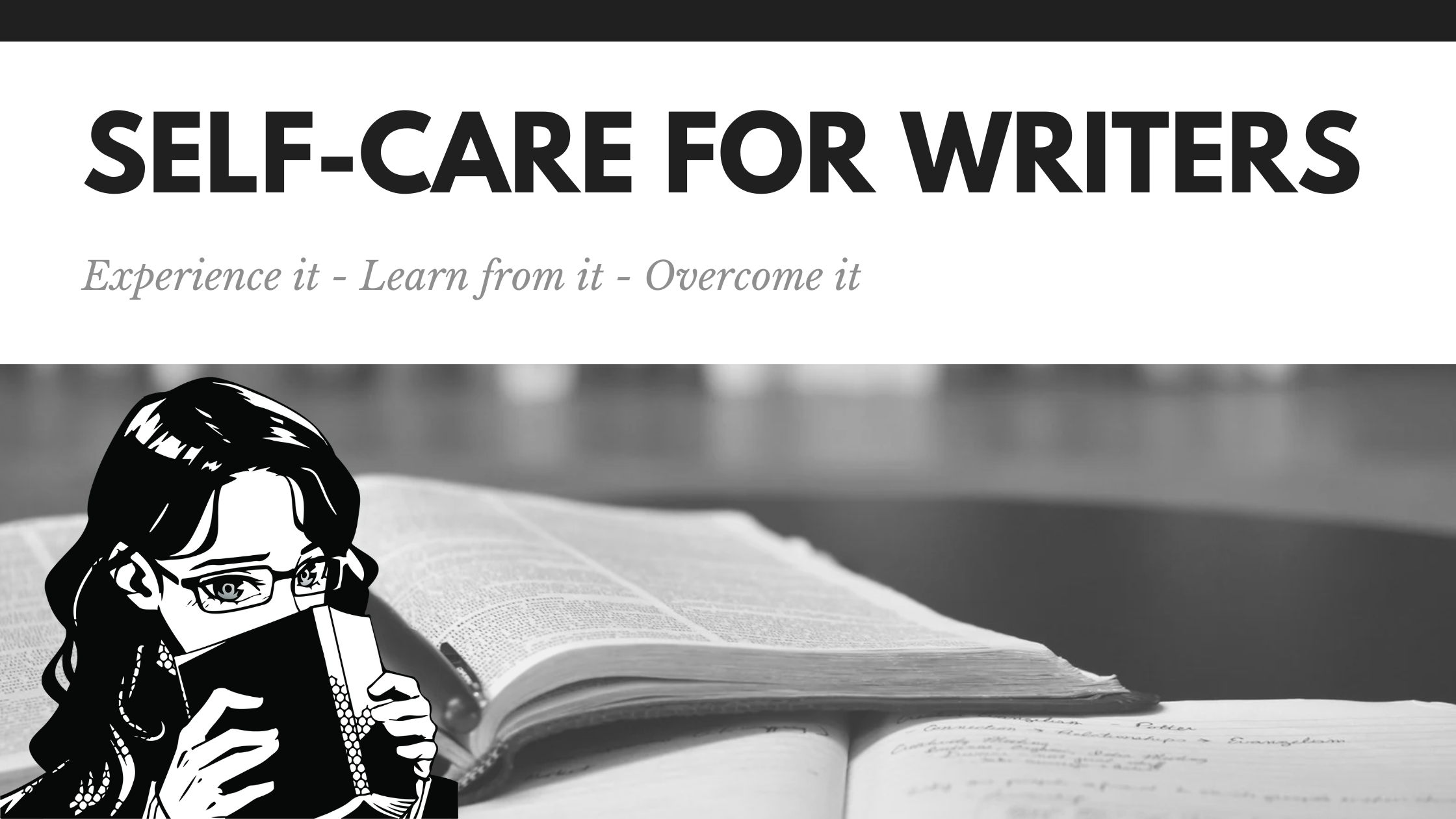Planning, Progress, and the Joy of Writing at My Own Pace

This week has been a whirlwind of planning, writing, and, admittedly, overthinking. As the New Year approaches, I found myself knee-deep in my goals for 2025. I started strong, inspired and determined, but somewhere along the way, I got lost in the weeds—overplanning, overcomplicating, and making things far harder than they needed to be. If you’ve ever had “planner paralysis,” where the tool feels like more work than the plan itself, you know exactly what I mean.
Getting Lost in Obsidian
For almost six months now, Obsidian has been my go-to software for organizing my thoughts, goals, and daily life. This is a record for me; usually, I’m a chronic planner-hopper, flitting between apps and notebooks in search of “the one.” Sticking with Obsidian feels like a small victory in itself, but I suspect I’ve pushed its boundaries recently by overcomplicating things.
In the midst of my overplanning frenzy, I realized something: while meticulous plans can feel like progress, they can also become barriers. I paused, took a deep breath, and zoomed out. Instead of sweating every little detail, I sketched a high-level plan. Big picture first, then the steps to get there. It wasn’t easy to pull myself out of the weeds, but it was worth it.
A Personal Space for My Writing Journey
One thing that keeps me grounded is my website. There’s a freedom that comes from creating on your own terms. No algorithms, no arbitrary rules, no hoops to jump through—just a place for me to share my stories, thoughts, and updates. Even if it doesn’t grow into something huge, the act of maintaining it feels good. It’s my little corner of the internet, where I can breathe and write at my pace.
To my fellow creators: if you’ve ever felt stifled by external expectations, having your own space can be a game-changer. What’s one thing you’d love to do your way, without the pressure of others’ expectations? Let me know in the comments—I’d love to hear your perspective!
This Week’s Projects: From Ghost Walker to RPG Lit
I’ve been writing like a madwoman this week, diving into two very different projects that keep my creative gears turning:
A Short Story for My Ghost Walker Series
The Ghost Walker series is close to my heart, blending mystery, supernatural elements, and just a touch of humor. This week, I’m working on a short story where Ghost, my enigmatic protagonist, takes on a unique missing person’s case: finding Mrs. Claus. (Yes, you read that right!) It’s a playful twist on the usual detective tale, and I can’t wait to share it with you.
What would you do if Santa himself showed up, desperate for help to find his missing wife? Drop your wildest ideas in the comments—I might just incorporate them into the story!
System of Redemption
On the other end of the spectrum is my RPG Lit story, System of Redemption. This project taps into my love for gaming and storytelling, exploring a world where characters must grapple with high-stakes challenges, redemption arcs, and game-like mechanics. I’m placing an order for the cover soon, which is always an exciting milestone.
If you’re a fan of RPG Lit or have thoughts on what makes a great cover for the genre, I’d love to hear them! What catches your eye in a book cover? Let’s chat about it in the comments.
Looking Ahead to 2025
One of my big goals for 2025 is to balance ambition with realism. Writing a blog, maintaining my website, publishing stories, and juggling other creative pursuits is no small feat. But instead of overwhelming myself with rigid timelines and endless to-do lists, I’m focusing on incremental progress. Some days that means drafting 1,000 words. Other days, it’s just brainstorming for 15 minutes. Either way, it counts.
How do you balance your big dreams with the day-to-day grind? Share your tips below—I’m always on the lookout for new strategies.
A Final Thought
As we inch closer to the New Year, I’m reminded of why I started this journey: not just to write, but to connect. Every comment, email, or message I receive is a reminder that storytelling is a shared experience. Whether you’re here for the stories, the writerly musings, or just to see what shenanigans Ghost is up to, thank you for being part of this journey.
If you’re curious about the Ghost Walker story or System of Redemption, stay tuned! I’ll be sharing sneak peeks, updates, and maybe even a few surprises in the coming weeks. And if you’re a fellow writer or creator, I’d love to hear what you’re working on—let’s swap notes and cheer each other on.
Until next time,
Carrow









